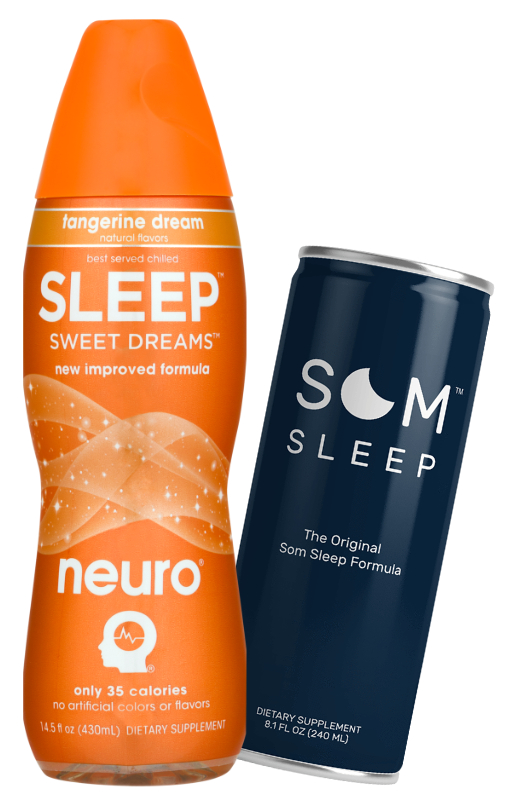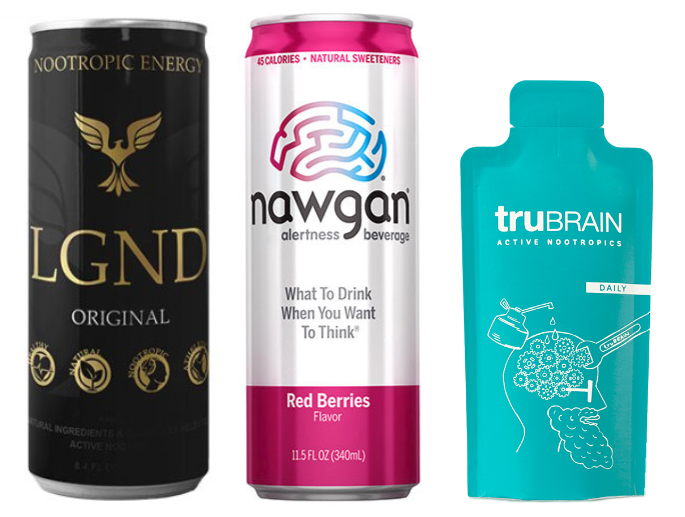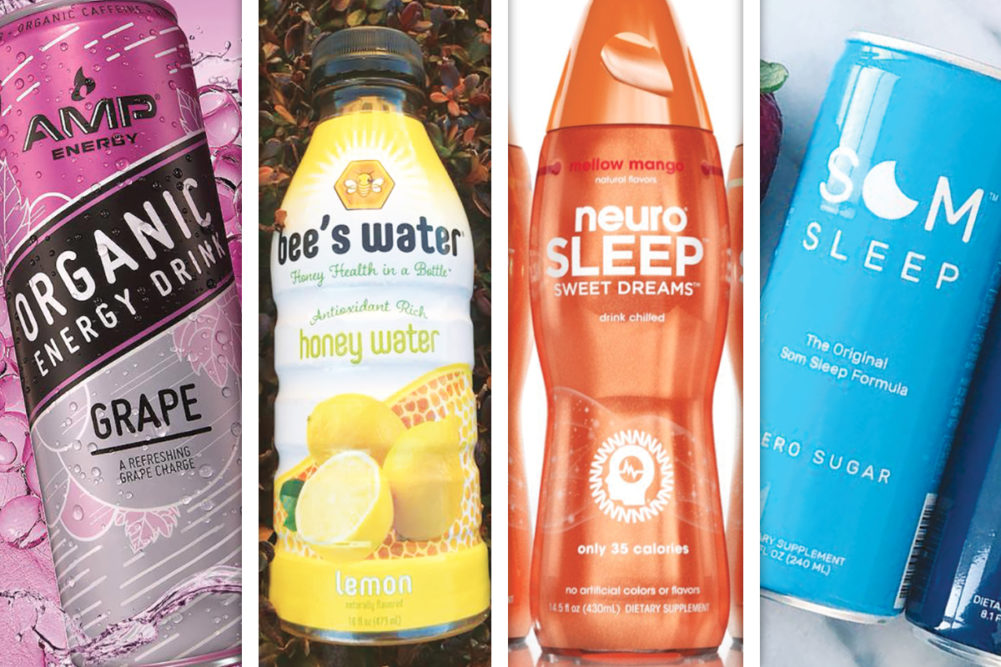KANSAS CITY — The market for functional beverages is expanding. Energy and digestive health remain two of the leading category trends, but inroads are being made in such categories as sleep, immune support and cognition.
“Health and wellness is important to many consumers, and information about how to achieve a healthier lifestyle is more accessible than ever, thanks to the internet and social media,” said Holly McHugh, marketing associate with Imbibe, Inc., Niles, Ill. “Increased awareness about the impact of what you put in your body on overall wellness has resulted in a plethora of food and beverages targeted toward personal lifestyle goals.
“Functional beverage brands suggest that their products can help achieve many of these goals – whether it be fitness, energy, immunity, etc. – in an extremely convenient way.”
There were several functional beverage companies exhibiting at the Natural Products Expo East trade show, held this past September in Baltimore. A key trend identified at the show was the number of beverages that promote rest or sleep.
“There are plenty of products on the market to perk you up, but fewer that help you sleep,” Ms. McHugh said. “Even brands like Nyquil, which primarily makes cold medicine, saw a market for sleep enhancing products and created ZzzQuil.
 “Since there are so many functional products on the market that can be used as an alternative to supplements, it’s not surprising to see beverages using ingredients that help you get restful sleep like melatonin, lemon balm, lavender, and L-theanine hitting the market. It’s important to note, though, that the ingredients in the product will affect if the product can be labeled as a beverage or a supplement.”
“Since there are so many functional products on the market that can be used as an alternative to supplements, it’s not surprising to see beverages using ingredients that help you get restful sleep like melatonin, lemon balm, lavender, and L-theanine hitting the market. It’s important to note, though, that the ingredients in the product will affect if the product can be labeled as a beverage or a supplement.”
Som Sleep, which is manufactured by Som Friends, Inc., Santa Monica, Calif., is marketed as a supplement and features what the company calls a proprietary blend of L-theanine, GABA (gamma-aminobutyric acid) and melatonin. The Neuro Sleep brand from Neuro Drinks combines such ingredients as melatonin, 5-hydroxytryptophan, magnesium and L-theanine combined with pomegranate, acai and blueberry extracts. It is also marketed as a supplement.
Two additional functional beverage categories manufacturers are starting to focus on are immune support and cognitive health. Ms. McHugh said immune support is one of the most sought-after benefits by consumers.
“Vitamin C and probiotics are popular ingredients for products that aid with immunity, but more novel ingredients inspired by Ayuveda and traditional Chinese medicine like certain mushrooms and turmeric are being used,” she said. “The latter create an earthy taste and depending on the desired flavor profile of your product may need maskers.”
At Natural Products Expo East, Bee’s Beverage Corp., Princeton, N.J., was exhibiting its Bee’s Water brand, which is a honey water that features the “immune boosting properties of honey and antioxidant vitamins A, C and E …,” according to the company.
Ms. McHugh added that the functional beverage trend has some consumers interested in products that aid with focus and cognition.
 “Beverages that utilize nootropic ingredients like truBRAIN, nawgan, and LGND have entered the market,” she said. “Ingredients like L-theanine extract, creatine and CoQ10 can also be found in energy drinks pre-workout products marketed to active consumers and athletes.”
“Beverages that utilize nootropic ingredients like truBRAIN, nawgan, and LGND have entered the market,” she said. “Ingredients like L-theanine extract, creatine and CoQ10 can also be found in energy drinks pre-workout products marketed to active consumers and athletes.”
And the energy category itself continues to grow, Ms. McHugh said. She said in the category there has been a shift toward using naturally energizing ingredients like green tea, guarana, ginseng and yerba mate in addition to or replacing caffeine fortification.
“Grand View Market Research expects natural and organic energy drinks sales will reach $32 billion by 2025, which accounts for nearly 40% of the market,” she said.
Companies capitalizing on the emerging energy beverage category include PepsiCo, Inc. through its Amp Energy brand and the Guru Organic Energy drink, which is owned by the Guru Beverage Co.





